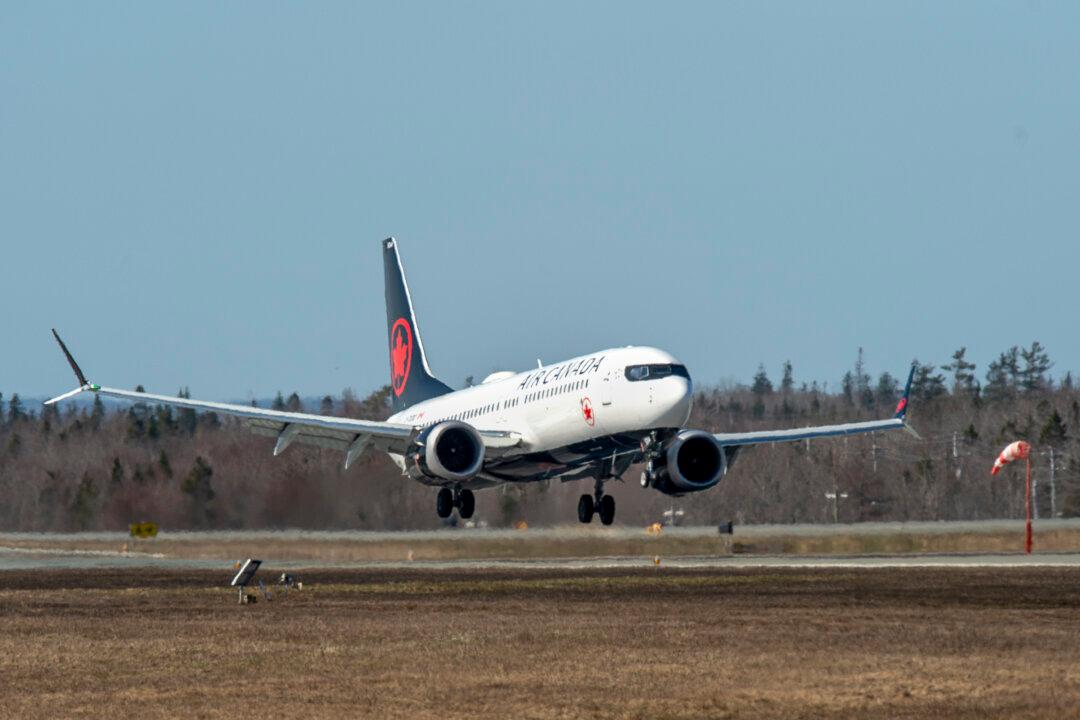Passengers planning to fly with Air Canada this week can breathe a sigh of relief given Sunday’s announcement that the airline has reached a tentative agreement with the union that represents more than 5,200 of its pilots.
News of a new agreement with the Air Line Pilots Association (ALPA) came shortly after midnight on Sept. 15, when Air Canada issued a press release just days ahead of a potential work stoppage that would have impacted 110,000 passengers and nearly 670 daily scheduled flights.





